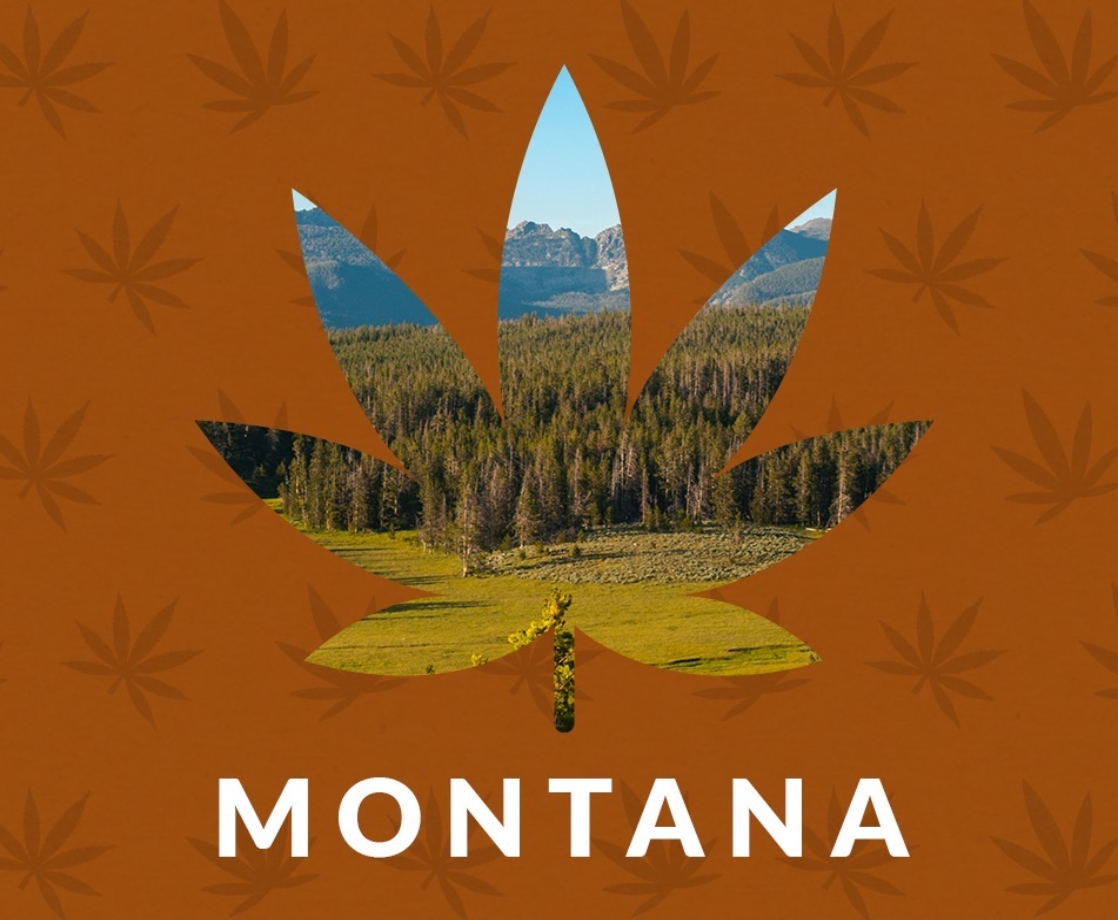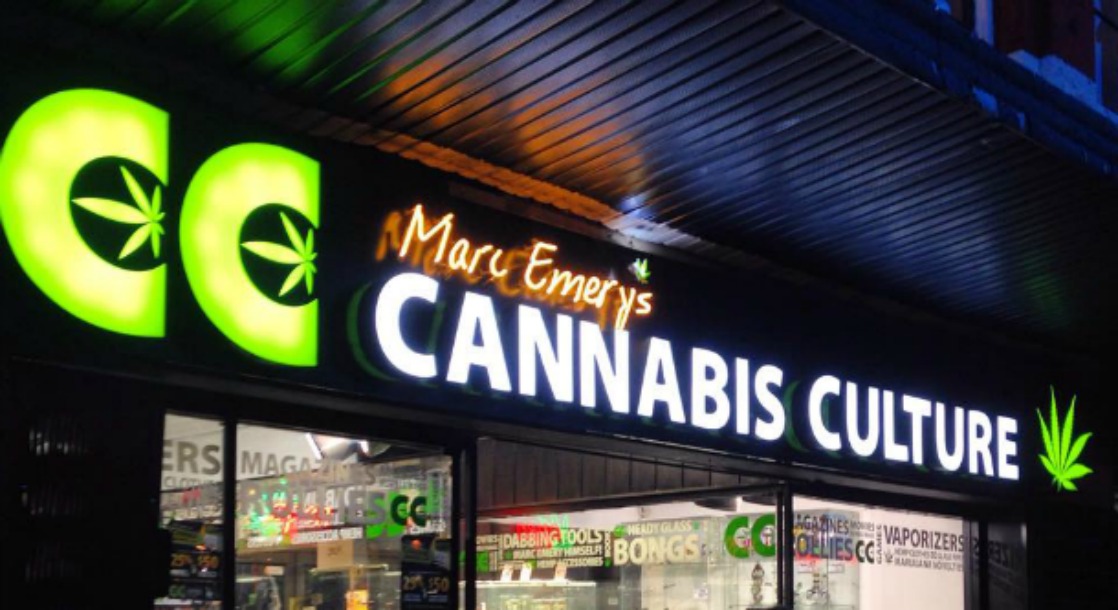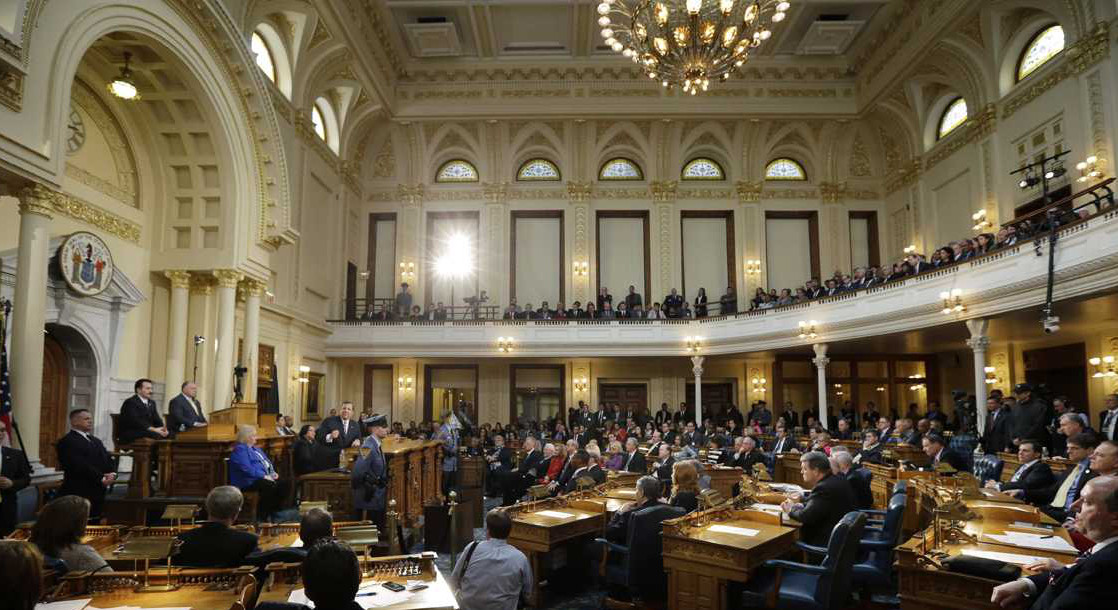Image via
Montana could be looking at an extra $50 million a year in tax revenue if voters decide to legalize adult-use cannabis during this year’s election.
New Approach Montana, the advocacy group that successfully placed the legalization initiative on this year’s ballot, commissioned the Bureau of Business and Economic Research (BBER) to estimate the economic impact of legal weed sales. Predicting the exact amount of weed that might be sold is tricky, but the BBER used data from federal drug use surveys and other adult-use states to estimate the state’s demand for legal pot.
“Our independent research utilized the extensive survey-based data that is publicly available, detailing the frequency of cannabis use of both Montana residents and visitors to give us a good understanding of potential tax revenue on legalized retail cannabis sales,” said BBER director Dr. Patrick Barkey in a press release reported by the Bozeman Daily Chronicle.
“We found that the total size of the market which is as you can imagine, not directly measurable since cannabis other than medical is not legal in Montana,” Barkey explained to KGVO radio. “So the total size of the market in the next four years or so is projected to grow slightly, but it’s around 30 metric tons, which is a pretty good sized marketplace.”
Although it is currently illegal, recreational pot remains popular in the Big Sky state. According to the 2017-8 National Survey on Drug Use and Health, 14.3 percent of Montanans aged 21 or older said they got high in the past month. This rate is slightly higher than the national average of 9.8 percent.
If voters approve the bill, legal sales are expected to begin in 2022. The BBER estimates that sales could reach $217 million during that first year of sales and climb to $260 million by 2026. The 20 percent sales tax imposed by the ballot measure would bring the state between $43.4 and 52 million dollars a year. In the first five years of sales, the state finance department could be looking at over $236 million in additional revenue.
“To give it some perspective, a tax on recreational cannabis as envisioned by the initiatives would yield an income which is a little bit less than cigarettes, and a little bit more than alcohol,” said Barkey to KGVO. “So it sort of ranks in the middle, if you will, of those particular taxes. Of course, that would be new tax money for Montana since there’s currently very, very little.”
Montana legalized medical marijuana in 2004, but state lawmakers passed a law in 2016 that limits each dispensary to only serving three patients. And even though there are only 35,000 registered patients in the state, this law has forced a large number of dispensaries to open, and the city of Missoula now boasts the largest number of dispensaries per-capita in the US.











